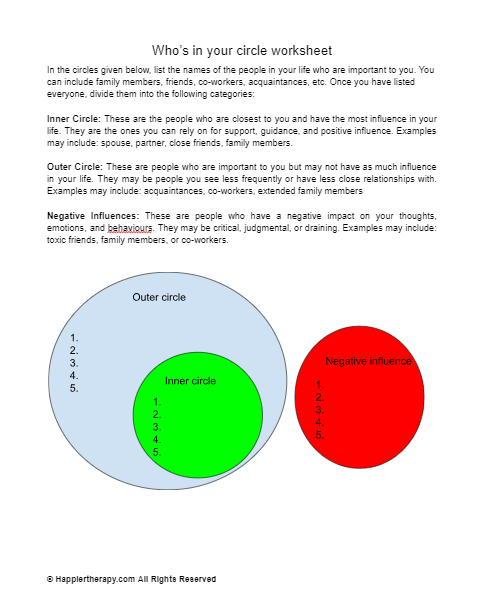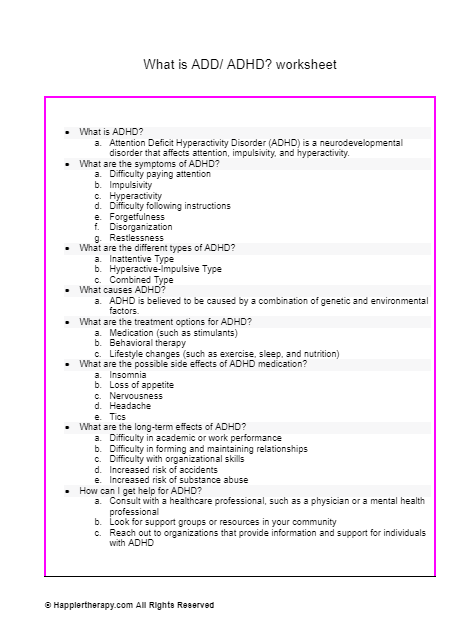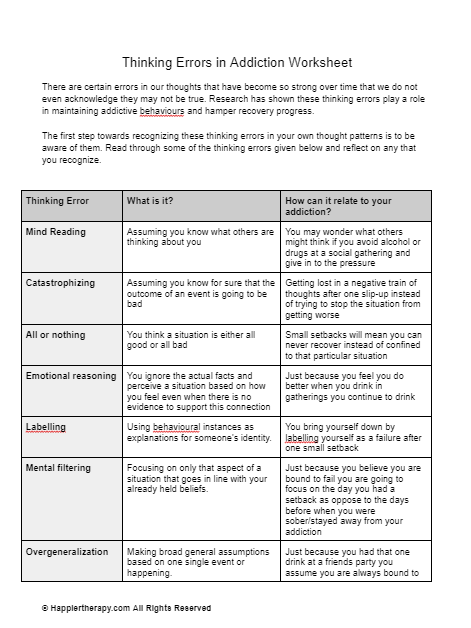Therapy Worksheet for Psychosis
Download Worksheet
What is the theory behind this Therapy Worksheet for Psychosis?
Psychosis refers to a condition where one’s thoughts and behaviours indicate a loss of contact with reality. It is a primary symptom of schizophrenia. Early identification of psychosis can ensure better recovery. Psychosis is always a symptom and not an entire mental disorder in itself. It can even be a symptom of extreme psychological stress or anxiety after a traumatic event. Cognitive Behavior therapy is proven to be effective in managing psychosis.
How will the worksheet help?
This worksheet contains important information about psychosis that can be helpful for the general public as well as for clients who may be vulnerable to the condition. It will highlight types and symptoms of psychosis that can be recognized so that help can be provided at the right time.
How to use the worksheet?
This information handout can be used in mental health awareness campaigns and specifically for clients and family and friends of those clients who may be vulnerable to the condition or seeking help for disorders where psychosis is a possible symptom.

 By
By


